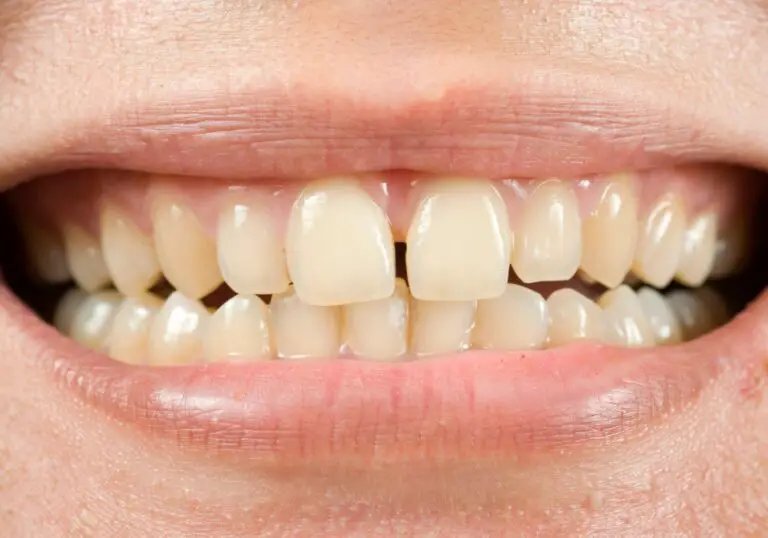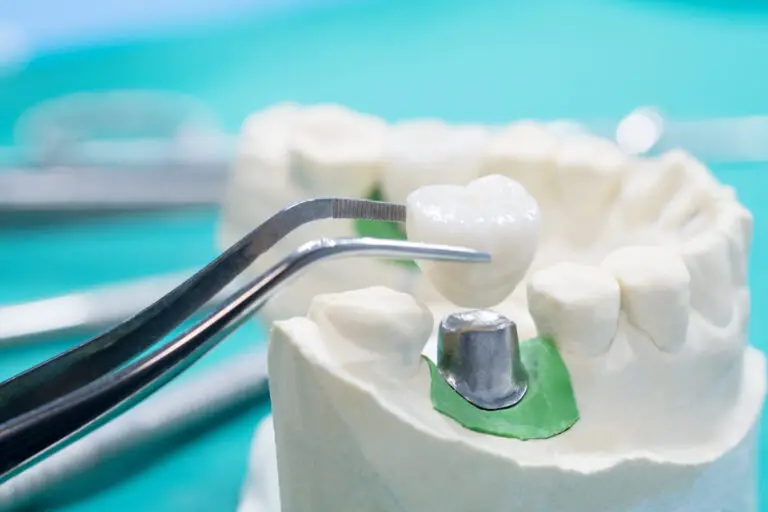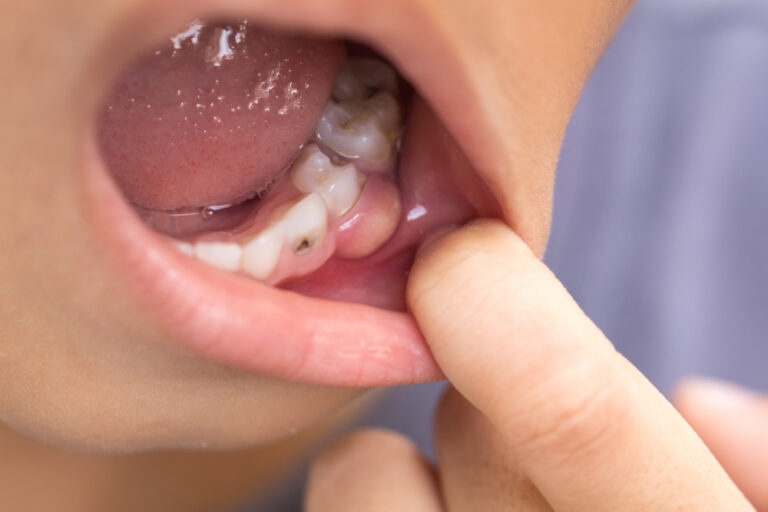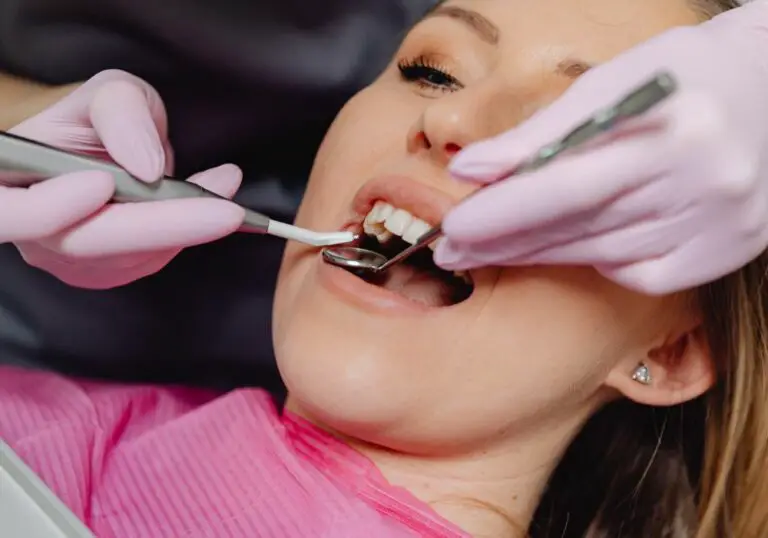Do teeth decay in soda? This is a common question that many people ask themselves when they indulge in their favorite carbonated drinks. Soda is a popular beverage that many people consume daily, but it is also one of the leading causes of tooth decay.
Soda contains high amounts of sugar and acid that can erode the enamel on your teeth, leading to cavities and decay. The sugar in soda feeds the bacteria in your mouth, which produces acid that can eat away at your teeth. The acid in soda also weakens the enamel on your teeth, making them more susceptible to decay.
While drinking soda in moderation may not cause significant damage to your teeth, consuming it regularly can have a detrimental effect on your oral health. It’s important to be aware of the potential risks associated with soda consumption and take steps to protect your teeth, such as brushing and flossing regularly and visiting your dentist for check-ups.
What is Tooth Decay?
Tooth decay, also known as dental caries, is a common dental problem that affects people of all ages. It is caused by the activity of certain bacteria in the mouth that produce acids which attack the tooth enamel, leading to the formation of cavities.
Tooth decay is a gradual process that can happen over time, especially if you consume foods and drinks that are high in sugar and carbohydrates. When you eat or drink something that contains sugar, the bacteria in your mouth feed on it and produce acid that can dissolve the protective layer of your teeth.
If left untreated, tooth decay can progress and cause more serious problems, such as toothache, infection, and even tooth loss. That’s why it’s important to take good care of your teeth and gums, and to visit your dentist regularly for check-ups and cleanings.
Some of the common signs and symptoms of tooth decay include:
- Sensitivity to hot, cold, or sweet foods and drinks
- Pain or discomfort when biting or chewing
- Visible holes or pits in the teeth
- Black, brown, or white stains on the teeth
- Bad breath or a foul taste in the mouth
Preventing tooth decay involves practicing good oral hygiene, such as brushing your teeth twice a day with fluoride toothpaste, flossing daily, and using mouthwash. You should also limit your intake of sugary and acidic foods and drinks, and drink plenty of water to help rinse away food particles and bacteria from your mouth.
In summary, tooth decay is a common dental problem that can be prevented with good oral hygiene and a healthy diet. If you experience any signs or symptoms of tooth decay, it’s important to seek dental treatment as soon as possible to prevent further damage to your teeth and gums.
Understanding Soda’s Impact on Teeth
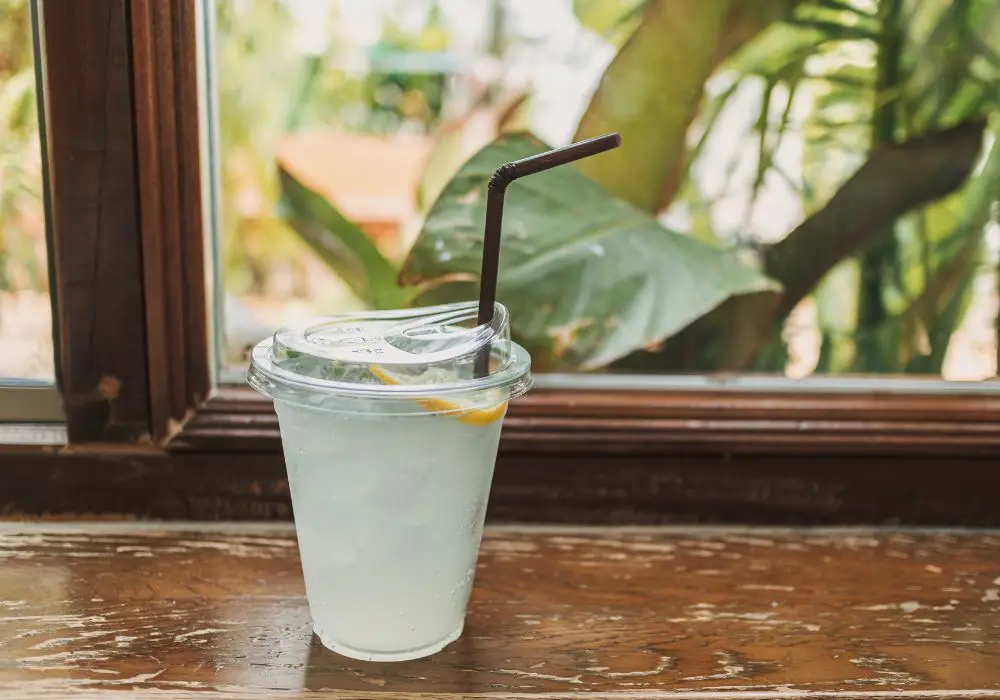
If you’re a soda lover, you may wonder how it affects your teeth. Soda has been linked to tooth decay, erosion, and cavities. Understanding the impact of soda on your teeth can help you make informed decisions about your oral health. Here are two ways soda can harm your teeth:
Acid in Soda
Sodas are acidic, with a pH level of around 2.5. The pH scale ranges from 0 to 14, with 7 being neutral. Anything below 7 is considered acidic, and anything above 7 is considered basic. Acidic drinks can erode tooth enamel, which is the hard, protective outer layer of your teeth. When the enamel wears away, your teeth become more vulnerable to decay and cavities. Some sodas are more acidic than others, with citrus-flavored sodas being the most acidic.
Sugar in Soda
Sodas are also high in sugar, which can feed the bacteria in your mouth and produce acid. This acid can attack your teeth for up to 20 minutes after you finish your drink. Over time, this can lead to tooth decay and cavities. Diet sodas may not contain sugar, but they can still be acidic and harmful to your teeth. Drinking water or milk instead of soda can help reduce your sugar intake and protect your teeth.
To minimize the impact of soda on your teeth, you can:
- Drink soda in moderation and avoid sipping it throughout the day.
- Use a straw to reduce contact between the soda and your teeth.
- Rinse your mouth with water after drinking soda to neutralize the acid.
- Wait at least 30 minutes after drinking soda before brushing your teeth, as brushing too soon can damage your enamel.
By understanding the impact of soda on your teeth and taking steps to protect them, you can enjoy your favorite drinks while maintaining good oral health.
Scientific Studies on Soda and Tooth Decay

When it comes to soda and tooth decay, scientific studies have been conducted to explore the relationship between the two. These studies have looked at both short-term and long-term effects of soda consumption on dental health.
Short-Term Studies
Short-term studies have shown that drinking soda can lead to an increase in dental erosion and cavities. The acids in soda can erode tooth enamel, making teeth more susceptible to decay. In fact, a study published in the Journal of Dental Research found that drinking just one soda per day can increase the risk of tooth decay by up to 30%.
Another study published in the Journal of the American Dental Association found that drinking acidic beverages like soda can lead to immediate and significant erosion of tooth enamel. The study also found that brushing teeth immediately after drinking soda can actually increase the damage to tooth enamel.
Long-Term Studies
Long-term studies have also shown a link between soda consumption and tooth decay. A study published in the journal Caries Research found that people who drank more soda had a higher risk of developing cavities. The study also found that the risk of cavities increased with the frequency and amount of soda consumed.
Another long-term study published in the Journal of Public Health Dentistry found that people who drank more soda had more missing and filled teeth than those who drank less soda. The study also found that the risk of tooth decay increased with the amount of soda consumed.
Overall, scientific studies have provided evidence that soda consumption can lead to tooth decay and erosion. While occasional consumption of soda may not have a significant impact on dental health, frequent and excessive consumption can increase the risk of cavities and other dental problems.
Preventive Measures Against Tooth Decay
Reducing Soda Intake
If you want to prevent tooth decay, reducing your soda intake is a good place to start. Soda contains high amounts of sugar, which can lead to tooth decay if left on your teeth for too long. When you do drink soda, try to use a straw to minimize the amount of contact the soda has with your teeth.
You can also try switching to sugar-free or low-sugar options, such as diet soda or sparkling water. These options still have the carbonation that many people enjoy, but without the high sugar content that can lead to tooth decay.
Oral Hygiene Practices
Good oral hygiene practices are crucial in preventing tooth decay. Brushing your teeth twice a day with fluoride toothpaste is essential in removing food particles and plaque from your teeth. It’s also important to floss daily to remove any food particles that may be stuck between your teeth.
In addition to brushing and flossing, using mouthwash can also help prevent tooth decay. Mouthwash helps to kill bacteria in your mouth, which can lead to plaque buildup and tooth decay.
Regular dental check-ups and cleanings are also important in preventing tooth decay. Your dentist can identify any potential issues and provide treatment before they become more serious.
By reducing your soda intake and practicing good oral hygiene, you can help prevent tooth decay and keep your teeth healthy.
Alternatives to Soda

If you’re looking for a healthier alternative to soda that won’t damage your teeth, there are plenty of options to choose from. Here are a few suggestions:
Water
Water is the best choice for staying hydrated and keeping your teeth healthy. It doesn’t contain any sugar or acids that can harm your teeth, and it helps wash away food particles and bacteria that can lead to tooth decay. If you’re used to drinking soda, try adding a slice of lemon or lime to your water for a little extra flavor.
Unsweetened Tea
Unsweetened tea is another good option for quenching your thirst without harming your teeth. Like water, it doesn’t contain any sugar or acids that can damage your teeth, and it has the added benefit of containing antioxidants that can help protect your overall health. Green tea, in particular, has been shown to have numerous health benefits, including reducing the risk of tooth decay and gum disease.
Milk
Milk is a good choice for both kids and adults, as it provides calcium and other nutrients that are important for healthy teeth and bones. It also contains casein, a protein that can help neutralize acids in your mouth and protect your teeth from decay. If you’re lactose intolerant or don’t like the taste of milk, try a lactose-free or plant-based alternative, such as almond or soy milk.
Remember, switching to a healthier drink is just one step towards protecting your teeth. You should also brush twice a day, floss daily, and visit your dentist regularly for checkups and cleanings. By taking care of your teeth, you can enjoy a lifetime of healthy smiles.
Frequently Asked Questions
Does drinking soda cause tooth decay?
Yes, drinking soda can cause tooth decay. Soda contains sugars that interact with bacteria in your mouth, producing acid that attacks your teeth. This acid can cause erosion of your tooth enamel, leading to cavities and other dental problems.
How does soda affect your dental health?
Soda can negatively affect your dental health in several ways. The sugars in soda can interact with bacteria in your mouth to produce acid, which can erode your tooth enamel. Soda also contains its own acids, which can further damage your teeth. Additionally, soda can contribute to dehydration, which can lead to dry mouth and an increased risk of cavities.
What are the effects of sugary drinks on teeth?
Sugary drinks, including soda, can have several negative effects on your teeth. The sugars in these drinks can interact with bacteria in your mouth to produce acid, which can erode your tooth enamel. This can lead to cavities and other dental problems. Additionally, sugary drinks can contribute to dehydration, which can lead to dry mouth and an increased risk of cavities.
Can brushing your teeth after drinking soda help prevent decay?
Brushing your teeth after drinking soda can help remove some of the sugars and acids from your mouth, which can help prevent decay. However, it’s important to wait at least 30 minutes after drinking soda before brushing your teeth. Brushing too soon can actually spread the acid around your mouth and cause more damage.
Which types of soda are the worst for your teeth?
All types of soda can be harmful to your teeth, but some are worse than others. Dark-colored sodas, such as cola, tend to be more acidic and can cause more damage to your tooth enamel. Additionally, sodas that contain added sugars can be more harmful than diet sodas, which do not contain sugar.
What are some tips for enjoying soda without harming your teeth?
If you want to enjoy soda without harming your teeth, there are several tips you can follow. First, try to limit your intake of sugary drinks, and opt for water or milk instead. If you do drink soda, use a straw to minimize the contact between the soda and your teeth. Additionally, rinse your mouth with water after drinking soda to help remove some of the sugars and acids. Finally, be sure to brush and floss regularly to maintain good oral hygiene.

